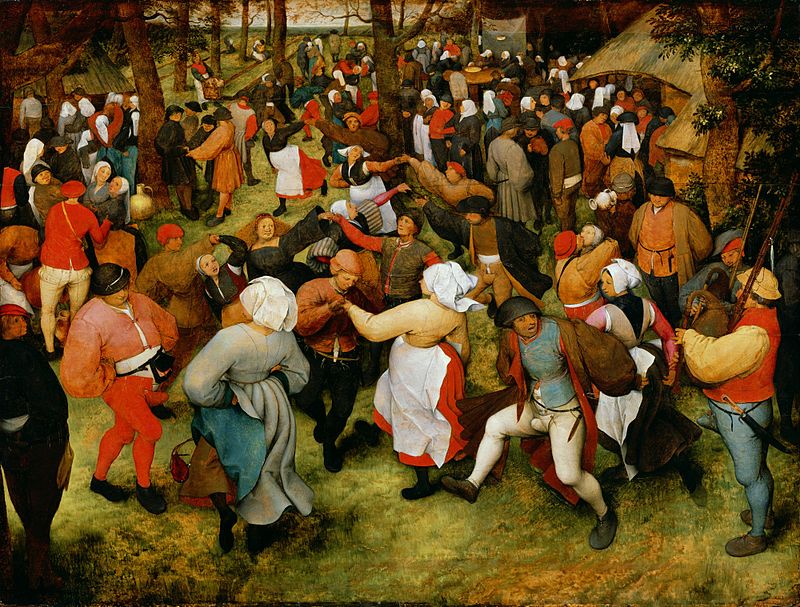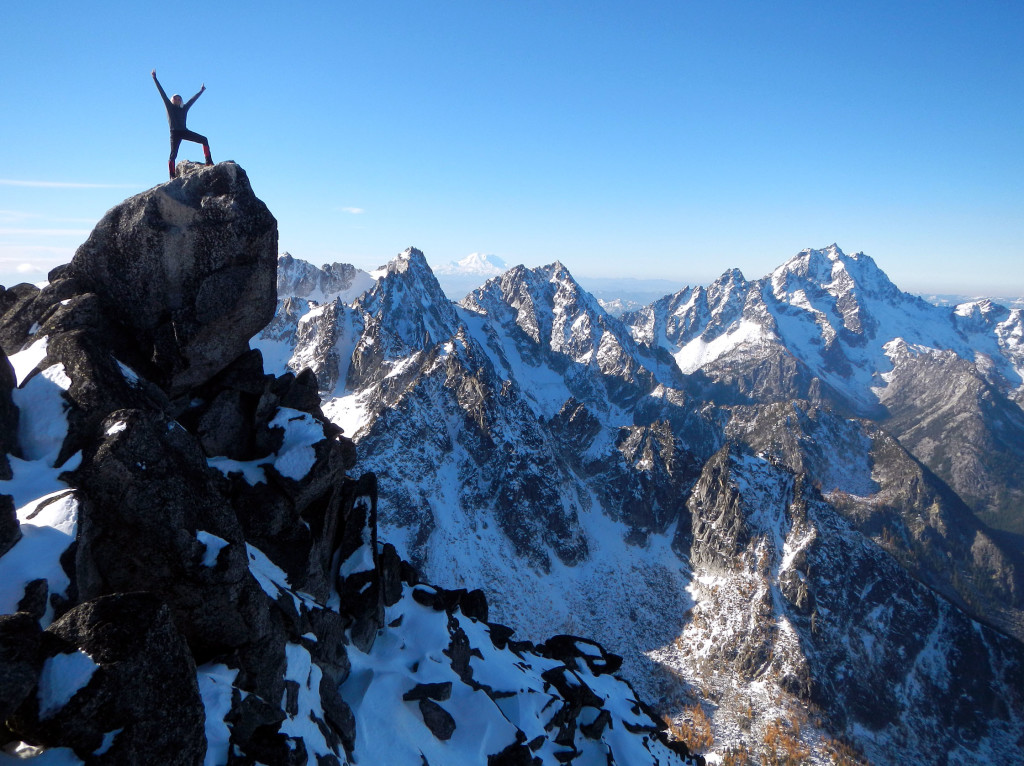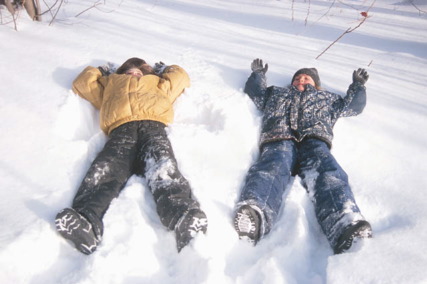No one needs any convincing that we live in a break-neck-speed culture. More than anything, we are busy. So if we go, go, go almost all the time, then why is it that we intentionally take times to not do that? Is it just so that we can rest up and catch our breath and jump back in? Why do we have feasts and celebrate holidays? What is it that we do, when all else is done? Here is a tour:
1) So that we can see something.
The traditional name for the utmost perfection to which man may attain, the fulfillment of his being, is visio beatifica, the “seeing that confers bliss.” This is to say that the highest intensification of life, the absolutely perfect activity, the final stilling of all [desire], and the partaking of the utmost fullness that life can offer, takes place as a kind of seeing; more precisely, that all this is achieved in a seeing awareness of the divine ground of the universe. (Josef Pieper, In Tune with the World)
We need not be expressly thinking these kinds of thoughts in order to celebrate, but we have to take our hands off the wheel for a little bit in order that we might see something being revealed to us.
2) And what is being revealed to us?
Underlying all [festivity] there has to be an absolutely universal affirmation extending out to the world as a whole, to the reality of things and the existence of man himself… that, to reduce it to the most concise phrase, at bottom everything that is, is good, and it is good to exist. For man cannot have the experience of receiving what is loved, unless the world and existence as a whole represent something good and therefore beloved to him. (Pieper, In Tune with the World)
So we can only really celebrate a feast at all if we allow ourselves to behold what is being revealed to us all the time: that it is simply and deliciously good that everything is; that, at the end of the day, all is plumb, sound and ends well. We find ourselves, in a celebration, surprised by an unearthed love within us for existence itself.
And this ‘beholding’ doesn’t have to be big and grandiose. From playing a game, seeing people you love, laughing with your uncle, warming up after a good walk in the cold or pouring gravy over turkey…
… Everything holds and conceals at bottom a mark of its divine origin…one who catches a glimpse of it ‘sees’ that this and all things are good beyond all comprehension; and that, seeing this, he is happy. (Pieper, Happiness and Contemplation)
3) Another way to say this ‘universal affirmation’ is love. In the act of celebrating – truly celebrating – we allow ourselves to behold again and anew that we love existing and, moreover, that we love the whole of existence. And, as we begin again to swim in this ocean of love, we can’t help but be at peace, dance and rejoice.
4) Finally, this brings up the fruit, the blossom, of a true feast – joy.
Festivity is joy and nothing else.
Where love rejoices, there is festivity. (St. John Chrysostom)
So, a feast is not just ‘time off’ or ‘spare time’ or a break so that we can do more work. No, a feast is a liberating, re-creation is which we experience anew ‘the love that moves the sun and the other stars’ (Dante, Paradiso).
A challenge – don’t let the enemy, who loathes everything just described, coerce this next season into a time dominated by anxiety, clutter, stuff and stress. Ask the Holy Spirit to help you really celebrate and live out these feasts that He has given us, for “The Sabbath [the quintessential feast] was made for man” (Mark 2:27).
Happy Thanksgiving!
Joey McCoy
Latest posts by Joey McCoy (see all)
- Being A Catholic, Being Like Mary - September 21, 2017
- The Gospel and Growth in Virtue - July 20, 2017
- Progress in Virtue - July 18, 2017




